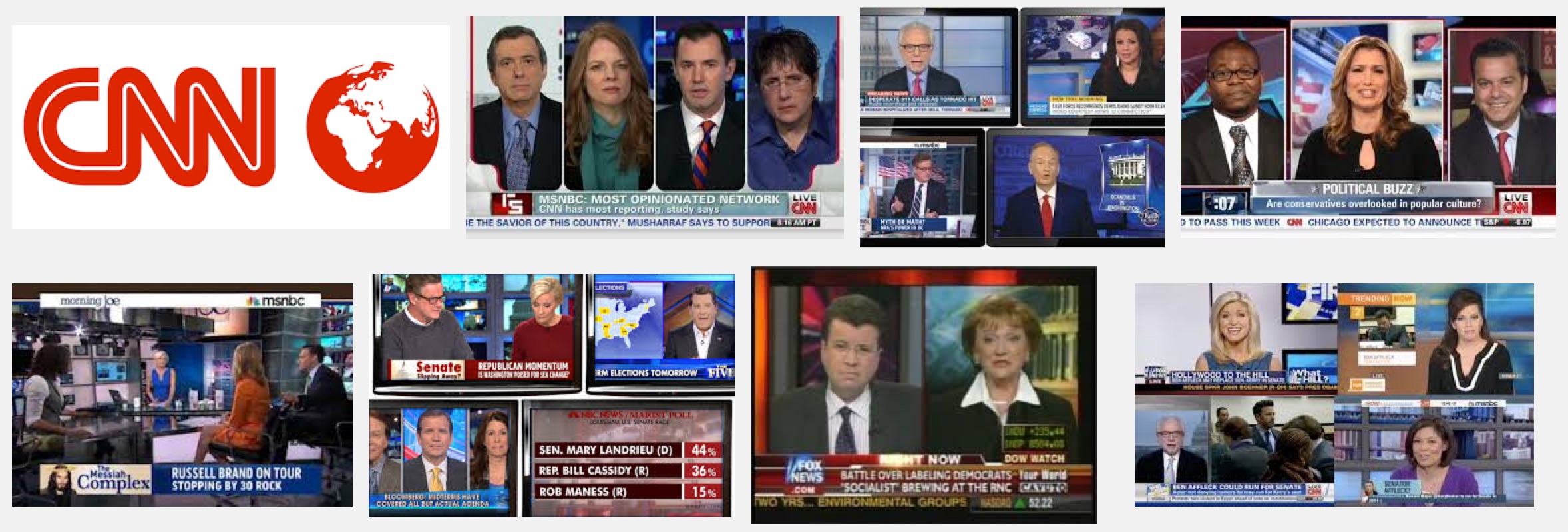
I find myself agreeing with columnist Oliver Burkeman over at the Guardian that we need to carefully manage our access to the 24/7 news cycle. Our news media has learned to thrive on hyperbole and sensationalism, which — let’s face it — tends to be mostly negative. This unending and unnerving stream of gloom and doom tends to make us believe that we are surrounded by more badness than there actually is. I have to believe that most of the 7 billion+ personal stories each day that we could be hearing about — however mundane — are likely to not be bad or evil. So, while it may not be wise to switch off cable or satellite news completely, we should consider a more measured, and balanced, approach to the media monster.
From the Guardian:
A few days before Christmas, feeling rather furtive about it, I went on a media diet: I quietly unsubscribed from, unfollowed or otherwise disconnected from several people and news sources whose output, I’d noticed, did nothing but bring me down. This felt like defeat. I’ve railed against the popular self-help advice that you should “give up reading the news” on the grounds that it’s depressing and distracting: if bad stuff’s happening out there, my reasoning goes, I don’t want to live in an artificial bubble of privilege and positivity; I want to face reality. But at some point during 2015’s relentless awfulness, it became unignorable: the days when I read about another mass shooting, another tale of desperate refugees or anything involving the words “Donald Trump” were the days I’d end up gloomier, tetchier, more attention-scattered. Needless to say, I channelled none of this malaise into making the planet better. I just got grumbly about the world, like a walking embodiment of that bumper-sticker: “Where are we going, and why are we in this handbasket?”
One problem is that merely knowing that the news focuses disproportionately on negative and scary stories doesn’t mean you’ll adjust your emotions accordingly. People like me scorn Trump and the Daily Mail for sowing unwarranted fears. We know that the risk of dying in traffic is vastly greater than from terrorism. We may even know that US gun crime is in dramatic decline, that global economic inequality is decreasing, or that there’s not much evidence that police brutality is on the rise. (We just see more of it, thanks to smartphones.) But, apparently, the part of our minds that knows these facts isn’t the same part that decides whether to feel upbeat or despairing. It’s entirely possible to know things are pretty good, yet feel as if they’re terrible.
This phenomenon has curious parallels with the “busyness epidemic”. Data on leisure time suggests we’re not much busier than we were, yet we feel busier, partly because – for “knowledge workers”, anyway – there’s no limit to the number of emails we can get, the demands that can be made of us, or the hours of the day we can be in touch with the office. Work feels infinite, but our capacities are finite, therefore overwhelm is inevitable. Similarly, technology connects us to more and more of the world’s suffering, of which there’s an essentially infinite amount, until feeling steamrollered by it becomes structurally inevitable – not a sign that life’s getting worse. And the consequences go beyond glumness. They include “compassion fade”, the well-studied effect whereby our urge to help the unfortunate declines as their numbers increase.
Read the whole column here.
Image courtesy of Google Search.

 Some words give us the creeps, they raise the hair on back of our heads, they make us squirm and give us an internal shudder. “Moist” is such as word.
Some words give us the creeps, they raise the hair on back of our heads, they make us squirm and give us an internal shudder. “Moist” is such as word.